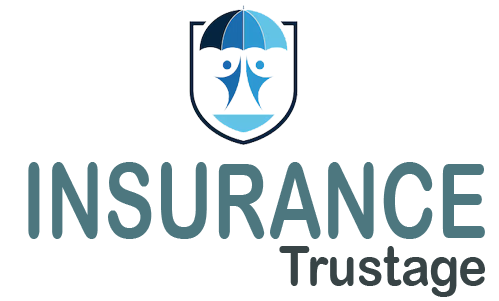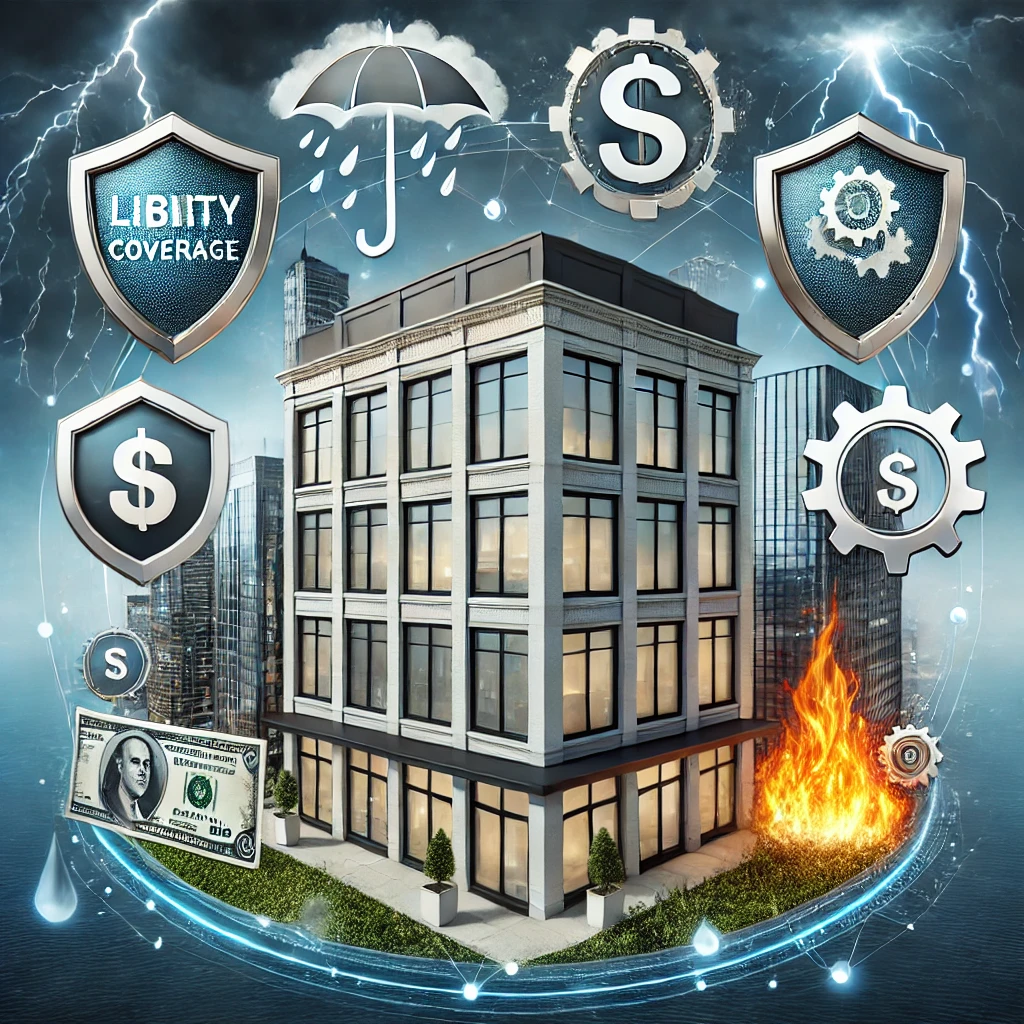Commercial property insurance serves as a safeguard for a business’s most valuable physical assets, such as buildings, equipment, and inventory, protecting them from a wide range of risks. Businesses are constantly vulnerable to unforeseen incidents like fires, theft, vandalism, and weather-related events. For instance, consider a manufacturing company that suffers a significant fire in its factory. Without insurance, the business would not only face the daunting task of rebuilding the structure but also replacing expensive machinery and raw materials—all of which would amount to a massive financial hit. However, with commercial property insurance, the cost of repairs to the building and replacing the destroyed equipment is covered, helping the business avoid crippling out-of-pocket expenses. Similarly, a small retail business that experiences theft of its high-value inventory can rely on insurance to replace the stolen goods, protecting its bottom line. Furthermore, the liability component of commercial property insurance is equally essential. Imagine a customer slipping on a wet floor inside a store and sustaining an injury. Without insurance, the business would be responsible for covering the medical expenses, legal fees, and any settlement, which could significantly impact profitability. However, with liability coverage included, the insurance absorbs these costs, ensuring that the business doesn’t face financial ruin due to accidents.
Beyond protecting physical assets, commercial property insurance allows businesses to tailor coverage to their specific needs, which is particularly important for managing customized risks. Every business is unique, with different risk factors depending on its location, industry, and the nature of its operations. For example, a business located in a coastal region susceptible to hurricanes or flooding can add specialized flood or windstorm coverage to its insurance policy. This customization ensures the business is protected against the exact risks it faces, rather than relying on a one-size-fits-all solution. A coastal hotel in Florida, for instance, would need additional hurricane coverage to protect against the inevitable storm damage that comes with operating in a high-risk area. This tailored approach helps businesses avoid substantial financial loss when such disasters occur, providing peace of mind and greater operational security. Additionally, having comprehensive commercial property insurance also enhances a business’s credibility. For businesses seeking partnerships, loans, or even attracting investors, demonstrating robust insurance coverage is a sign of financial responsibility. Lenders and investors are more likely to support businesses that are well-insured because it minimizes the risk of their investment. For example, a large retail chain looking to secure financing for expansion may be more appealing to lenders if it can show that its physical assets, like warehouses and merchandise, are fully insured against damage or loss. This credibility makes the business a more attractive and secure investment option.
In many cases, compliance with lease or loan agreements requires businesses to have sufficient commercial property insurance, making it a mandatory rather than optional investment. Landlords and lenders often require tenants and borrowers to carry insurance that covers both property damage and liability, as a means of protecting their financial interests. For example, a landlord leasing a commercial building to a restaurant will often require the tenant to have insurance that covers fire damage and liability for accidents that may occur on the premises. This ensures that in the event of a fire, the tenant has the financial means to repair the property, and the landlord’s asset is protected. Similarly, when a business takes out a loan to purchase commercial real estate or expand operations, the lender typically mandates proof of insurance to mitigate the risk of financial loss. A developer building a new office complex might be required to carry sufficient property insurance as part of the loan agreement, protecting both the developer and the lender from potential financial harm. Additionally, businesses in regions prone to natural disasters must account for the added risks of operating in such areas. A business located in an earthquake-prone zone in California, for example, must carry earthquake coverage as part of its overall property insurance plan. Without it, the business would face significant financial challenges after a major earthquake, potentially being forced to close permanently. However, with the right insurance in place, the business can recover more quickly, repair the damage, and resume operations, safeguarding its future.
Commercial property insurance is essential for protecting a business’s physical assets, reducing the financial impact of unforeseen events, and providing crucial liability coverage. Customizing insurance to match specific risks enhances the effectiveness of coverage, while meeting the requirements of leases, loans, and disaster-prone areas ensures that businesses are protected from every angle. By securing comprehensive commercial property insurance, business owners can focus on growth and success, knowing that their assets are safeguarded from the unexpected.


